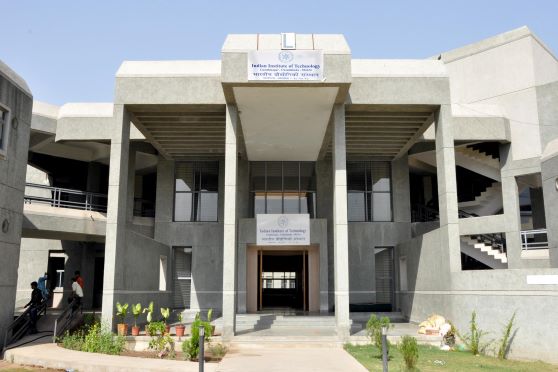IIT Gandhinagar develops environment-friendly water desalination technique


Indian Institute of Technology, (IIT) Gandhinagar researchers have developed a cost-effective and environment-friendly water desalination technique to make seawater potable by removing over 99% of salt ions and other impurities with the help of natural processing.
The research has been motivated and guided by trees' natural intake of water using capillary effect. The team, in addition to that can prove useful in designing filters for gas purification, proton exchange in a fuel cell, chemical separation, recovery of precious metal from waste among others.
Gopinadhan Kalon, assistant professor, Physics and Materials Engineering, IITGN said, "Continuous rise in population and enormous energy demands has put immense pressure on conventional clean water resources. The widely used reverse osmosis technique for desalination is expensive, wastes more water, and is highly energy-intensive, which typically requires hydrostatic pressures of 60-80 bar.”
The team created controllable water transport channels in graphite crystal with the help of an electric field and potassium chloride ions, which allowed only freshwater to move through the crystal and blocked all salt ions.
Kalon explained that selective transport of molecules and ions is commonly observed in biological systems and mimicking these biological channels could result in a highly efficient filtration system.
With the rising demand for potable water and continuously shrinking freshwater resources, more countries will have to turn to desalination of seawater to meet the needs. The team created controllable water transport channels in graphite crystal with the help of an electric field and potassium chloride ions, which allowed only freshwater to move through the crystal and blocked all salt ions.
Kalon explained that selective transport of molecules and ions is commonly observed in biological systems and mimicking these biological channels could result in a highly efficient filtration system. The research team used a capillary process which does not cost any energy, and in fact evaporation of water happened spontaneously without the need of any external pressure. The evaporation rates provided a back-calculated pressure of 50-70 bar arising from the capillary and other forces that are present inside the nanoscale channels.
Lalita Saini, a PhD scholar at IIT Gandhinagar, said, “Natural graphite is not absorptive to water or any ions, including protons. However, by its nature, the graphite crystal also does not allow any water molecules to pass through it because there is not enough space for the movement of these molecules.”
“This issue was solved by using an electric field and inserting potassium chloride ions in it, which create some space inside the graphite crystal and provide a stable structure for easy passage of water molecules, while hindering the movement of any salt ions, giving drinkable water,” she added.
The team is now working on developing a direct point-of-use water filter using this technique to make it accessible for the masses. Other members of the team include PhD scholars Aparna Rathi, Suvigya Kaushik, and a post-doctoral fellow Siva Sankar Nemala